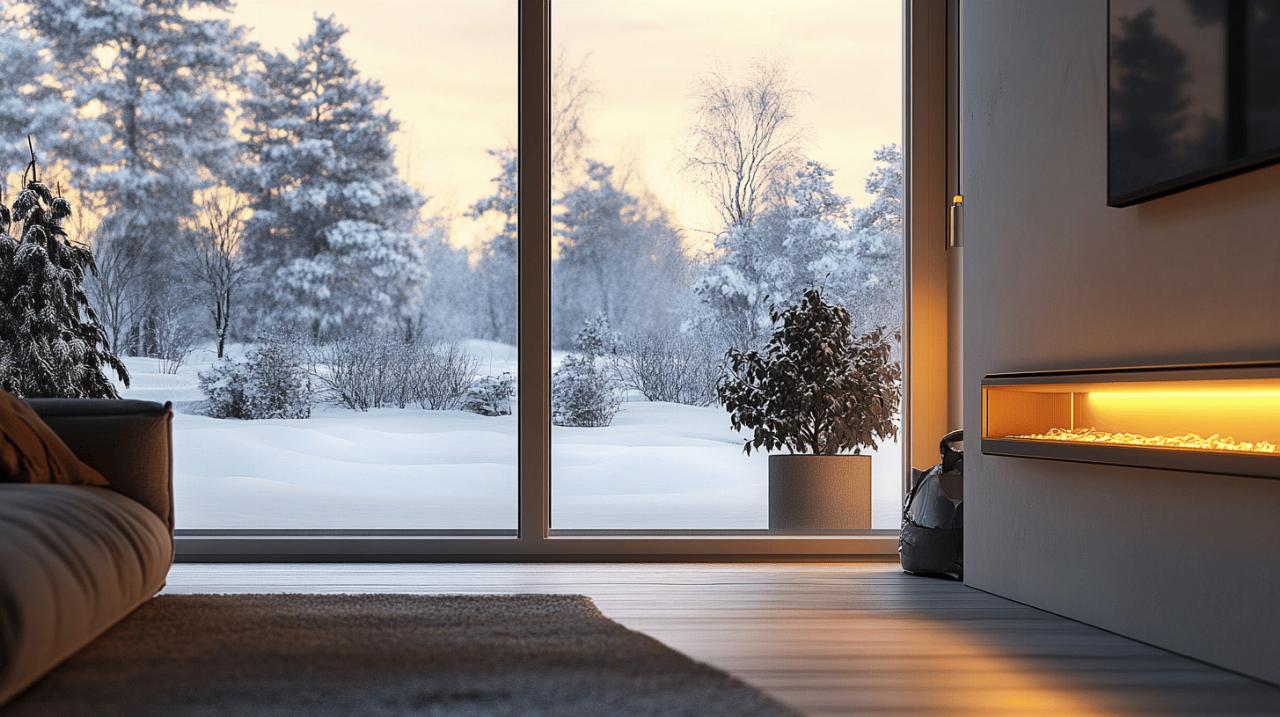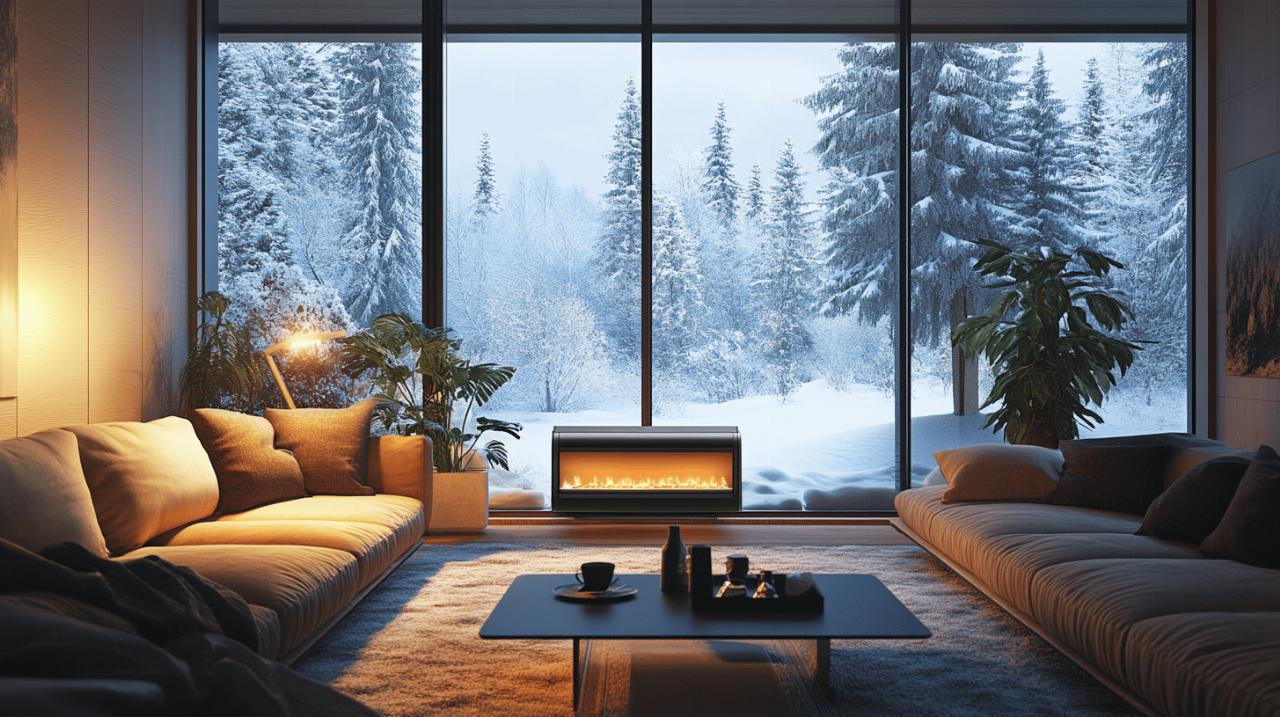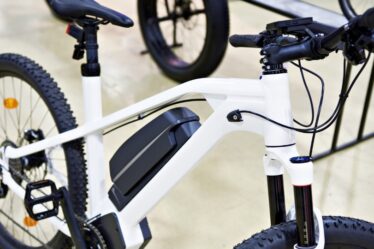
Selecting the right heating system for your home is a crucial decision that impacts both comfort and finances. With energy prices climbing and environmental concerns growing, energy-efficient heating solutions have become more important than ever. This comprehensive guide will help you navigate the complex world of home heating to find the perfect system that balances efficiency, cost, and environmental impact.
Assessing your home’s heating requirements
Before investing in any heating system, it’s essential to understand your home’s specific needs. Most energy bills are predominantly for heating and hot water, making this assessment a critical first step toward making an informed decision. The team at https://www.kamerolli.it/ recommends starting with a thorough evaluation of your property’s heating demands before committing to any particular system.
Evaluating insulation and heat loss
A well-insulated home requires significantly less energy to heat, regardless of the system you choose. Begin by examining your current insulation in walls, floors, and loft spaces. Check for drafts around windows and doors, which can account for substantial heat loss. Consider conducting a professional heat loss survey to identify problem areas that might not be immediately obvious. Addressing these issues before installing a new heating system ensures you won’t be paying to heat the outdoors.
Calculating optimal system size
Heating systems must be properly sized to provide efficient operation. An undersized system will struggle to maintain comfortable temperatures, while an oversized one will cycle frequently, wasting energy and causing unnecessary wear. Factors affecting system sizing include the total square footage, ceiling height, window area, local climate, and insulation quality. Professional heating engineers can perform heat load calculations to determine the precise capacity needed for your specific circumstances.
Comparing energy-efficient heating systems
The UK market offers several heating solutions, each with distinct advantages depending on your property type, location, and preferences. When seeking an ideal heating system, look for options that combine efficiency with low-carbon fuel sources.
Heat pumps vs condensing boilers
Heat pumps represent one of the most energy-efficient heating technologies available today. Rather than generating heat, they transfer it from outside sources into your home, delivering up to three times more energy than they consume. Air source heat pumps work effectively in moderate climates, while ground source variants offer consistent performance year-round but require more space for installation. Some heat pumps provide the added benefit of cooling during summer months.
Condensing boilers remain a popular choice for British homes connected to the gas network. Modern versions capture heat that would otherwise escape through the flue, achieving efficiency ratings above 90%. Upgrading from an older G-rated boiler to an A-rated condensing model with proper heating controls can save approximately £420 annually in Great Britain and £500 in Northern Ireland. These systems work well with both radiators and underfloor heating configurations.

Renewable energy heating solutions
Renewable heating systems offer significant environmental benefits while reducing long-term energy costs. Solar thermal panels capture sunlight to heat water, working best on south-facing roofs. They can supplement conventional systems, providing free hot water during sunny periods. Biomass boilers burn wood pellets, chips, or logs to generate heat, offering a carbon-neutral alternative when the fuel comes from sustainable sources. For maximum impact, combining solar panels with a heat pump creates a highly efficient, low-carbon heating solution that dramatically reduces both energy bills and environmental footprint.
For homes without access to mains gas, LPG and oil heating systems present viable alternatives. LPG is delivered by road and stored in tanks on your property, providing efficient heating with options for automated replenishment. Oil heating can be more cost-effective for smaller properties but has environmental drawbacks and potential future price volatility as fossil fuels face increasing regulation.
Financial considerations for heating systems
When evaluating heating options, the total cost of ownership extends far beyond the initial purchase price. Making an informed decision requires understanding both immediate and long-term financial implications.
Upfront costs vs running expenses
Traditional gas boilers typically have lower installation costs but may result in higher running expenses over time compared to renewable alternatives. Heat pumps require larger initial investments but offer substantial savings on operating costs, especially as electricity grids incorporate more renewable generation. Electric heating systems like storage heaters have modest upfront costs but can be expensive to run unless paired with specific tariffs like Economy 7 or Economy 10, which offer cheaper overnight rates for charging storage heaters.
When calculating total ownership costs, factor in the system’s expected lifespan. Heat pumps and biomass boilers generally last 20-25 years, while conventional gas boilers typically need replacement after 10-15 years. This longevity can offset higher initial costs for renewable systems when analyzed over multiple decades.
Government grants and incentive schemes
The UK government offers various financial incentives to encourage the adoption of energy-efficient heating systems. These programs change periodically, so researching current options is essential. Grants may cover partial installation costs for renewable systems like heat pumps or biomass boilers. Additionally, some energy suppliers offer discounts or financing options for efficient heating upgrades. Local authorities sometimes provide supplementary support for low-income households or properties in specific conservation areas.
Selecting quality brands and models
With numerous manufacturers competing in the heating market, identifying reliable equipment becomes crucial for long-term satisfaction and performance.
Understanding energy efficiency ratings
All modern heating systems carry energy efficiency ratings that help consumers compare performance. The Energy Related Products (ErP) rating classifies systems from A+++ to G, with higher ratings indicating superior efficiency. For boilers, look for A-rated condensing models with efficiency exceeding 90%. Heat pumps should have a high Coefficient of Performance (COP), indicating how much heat they produce relative to electricity consumed. Smart controls that adjust heating based on occupancy and weather conditions can further enhance efficiency by preventing unnecessary operation.
Researching reliable manufacturers
Brand reputation matters significantly when selecting heating equipment expected to function reliably for decades. Established manufacturers with strong customer service networks offer peace of mind through better warranty coverage and spare parts availability. Read independent reviews from professional heating engineers rather than relying solely on manufacturer claims. Consider how long companies have operated in your region and their track record for addressing technical issues. Premium brands may command higher prices but often justify the investment through superior reliability and performance.
Installation and maintenance planning
Even the most efficient heating system will underperform if improperly installed or maintained. Planning for professional installation and ongoing care ensures optimal performance throughout the system’s lifespan.
Finding qualified heating engineers
For gas heating systems, always use Gas Safe registered engineers who possess the legal qualifications to work safely with gas appliances. Similarly, heat pump installations require technicians certified under the Microgeneration Certification Scheme (MCS) to ensure proper design and implementation. Obtain multiple quotes from qualified professionals, comparing not just price but also their understanding of your specific requirements and willingness to explain technical details. Ask for references from previous customers with similar installations to gauge satisfaction levels.
Long-term maintenance requirements
Regular maintenance preserves efficiency and extends equipment life. Gas and oil boilers should undergo annual servicing to ensure safe, efficient operation and maintain warranty coverage. Heat pumps generally require professional inspections every 2-3 years, with simpler owner maintenance like filter cleaning performed monthly. Radiator systems benefit from periodic bleeding to remove trapped air, which improves heat transfer and system efficiency. Creating a maintenance calendar and budgeting for these recurring expenses prevents costly emergency repairs and ensures consistent performance throughout the heating season.



